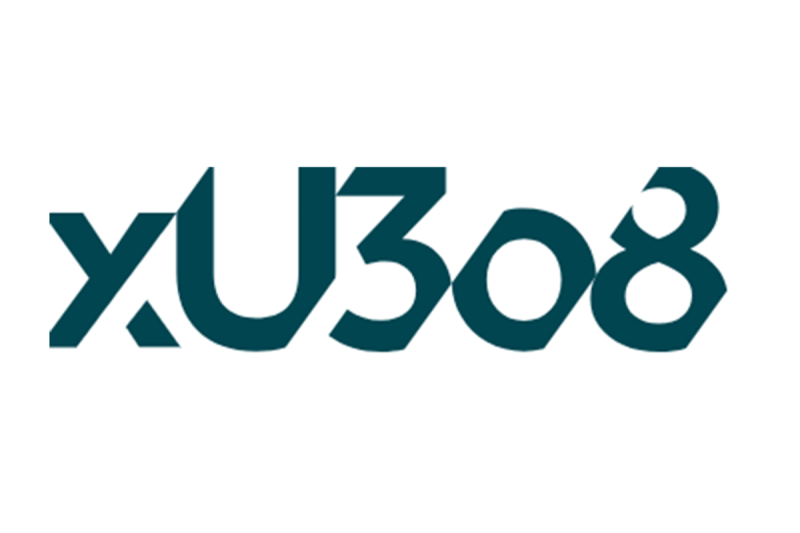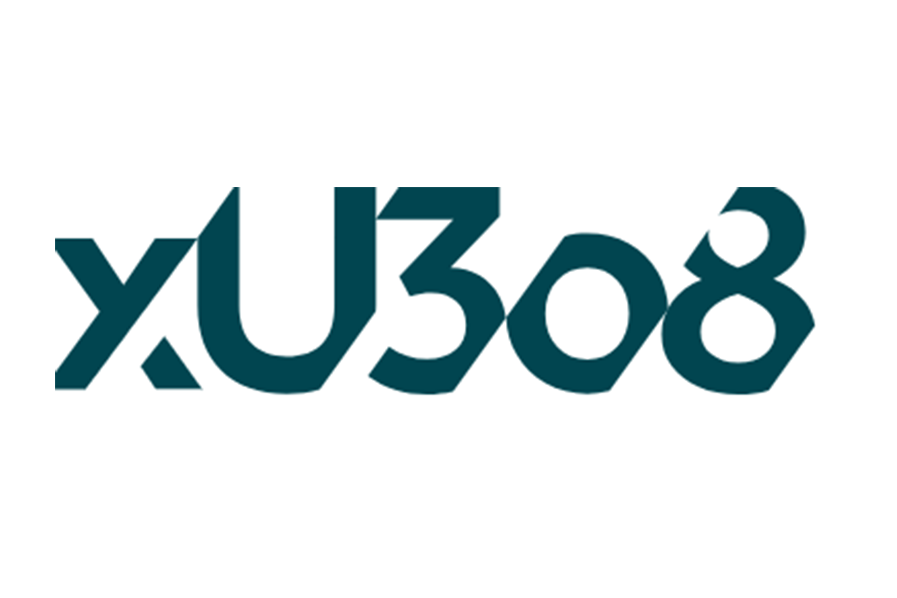

The crypto industry is not just about ETFs and price surges; it’s also about tackling real-world market inefficiencies. The launch of Uranium.io’s near-real-time uranium pricing oracle is a prime example of that.
Uranium.io, a platform tokenizing Uranium, unveiled its pricing oracle on Tuesday, aimed at addressing the price opacity issues in the uranium market.
What to know:
- Uranium.io has launched a near-real-time pricing oracle to address price opacity in the uranium market, enhancing transparency and efficiency.
- The platform tokenizes uranium, allowing investors to trade fractional shares of physical uranium, democratizing access to a traditionally restricted market.
- Uranium-related financial instruments, such as ETFs, have outperformed bitcoin this year, highlighting growing investor interest in uranium assets.
Unlike oil, gold, base metals and agri commodities, uranium pricing has long relied on over-the-counter deals – privately negotiated and fragmented transactions that leave market participants in the dark. This absence of a reliable real-time market action gauge has bred inefficiencies and uncertainty, limiting broad-based participation in the market.
Uranium.io’s oracle changes the game by aggregating data from dozens of market sources, including spot price feeds, nuclear-sector equities, commodity funds, and related assets.
The proprietary system uses sophisticated algorithms to update uranium spot price estimates every 60 seconds, providing an almost live pricing engine that mirrors the complex dynamics of uranium fluctuations.
‘While uranium itself trades privately, its value is constantly being priced in public markets through related assets like uranium ETFs, mining stocks, and specialized funds. Our oracle uses statistical modeling to synthesize these pricing signals into a near-real-time uranium spot price estimate. It’s similar to how other commodity benchmarks work, aggregating signals from related markets to create reliable price references,’ Ben Elvidge, Head of Commercial Applications at Trilitech and the Product Lead for Uranium.io, told CoinDesk.
Uranium.io is a blockchain-based project that aims to democratize the uranium market. The platform enables individual and institutional investors to trade and own fractional shares of physical uranium (U₃O₈), also known as ‘yellow cake,’ providing transparent access to a market traditionally dominated by large institutions.
Each xU308 token is backed by real, physical uranium stored in a regulated facility operated by Cameco, which is the world’s largest publicly traded uranium company, based in Saskatoon, Saskatchewan, Canada.
The tokenization process begins once the physical uranium is verified and registered on the Tezos blockchain, including its physical properties, storage locations and regulatory approvals. A smart contract is then deployed to represent the uranium asset digitally on the blockchain, after which tokens are minted.
Arthur Breitman, co-founder of Tezos, stated that the pricing oracle will initiate the virtuous cycle of injecting efficient pricing information into the market, thereby enhancing liquidity and market efficiency.
‘Price discovery for uranium isn’t just happening in the uranium spot markets but across a wide array of economically related assets. The oracle starts a virtuous circle by injecting this information back into the uranium market, which in turn can improve its liquidity and foster better price discovery in the spot market,’ Brietman said in a press release shared with CoinDesk.
Spot Uranium ETF outshines BTC
While individual investors typically cannot own physical uranium, they have gained exposure through financial instruments such as uranium futures and exchange-traded funds (ETFs), which have provided significantly higher returns than bitcoin this year.
For instance, the Global Uranium ETF (URA) has surged by 71% this year, outperforming notable ETFs like BlackRock’s bitcoin ETF, IBIT, which has gained 27%, showcasing the growing investor interest and strong performance potential in uranium-related assets.
The global uranium market has traditionally been fragmented and restricted, particularly for retail investors who face significant barriers to directly holding physical uranium.
This is largely due to uranium’s association with nuclear weapons and strict regulatory controls. However, uranium remains a critical element at the heart of the clean energy transition, powering nuclear reactors that provide low-carbon electricity globally.
Source













